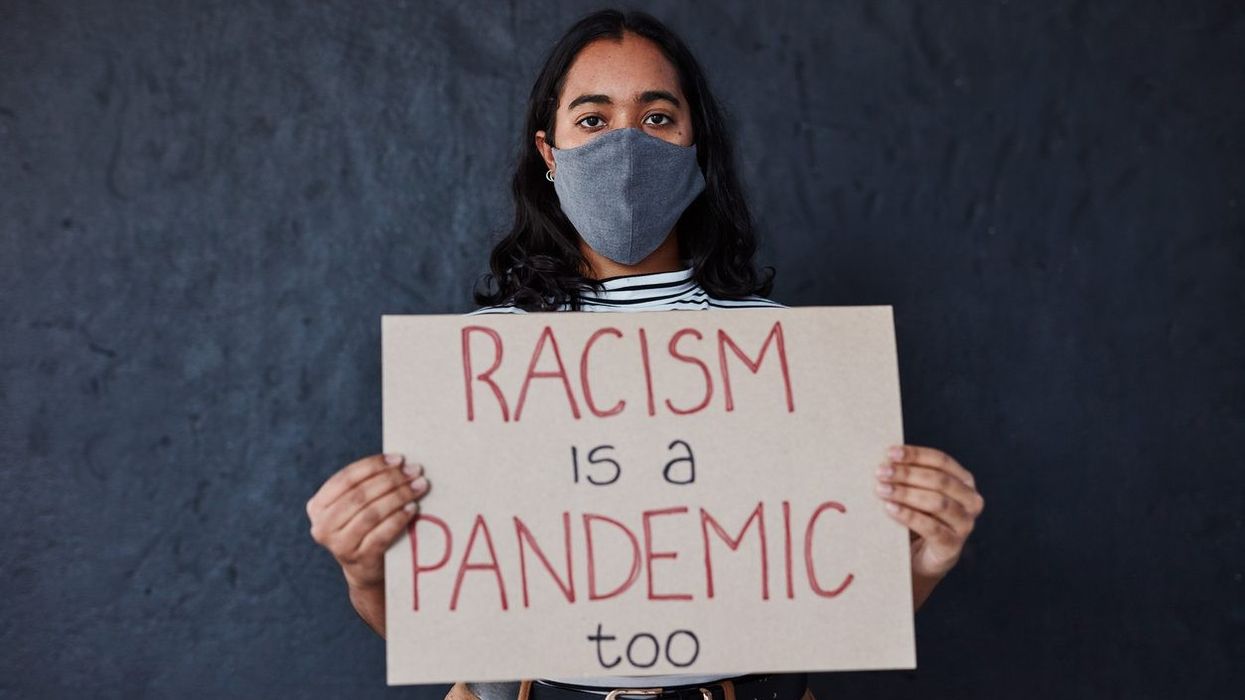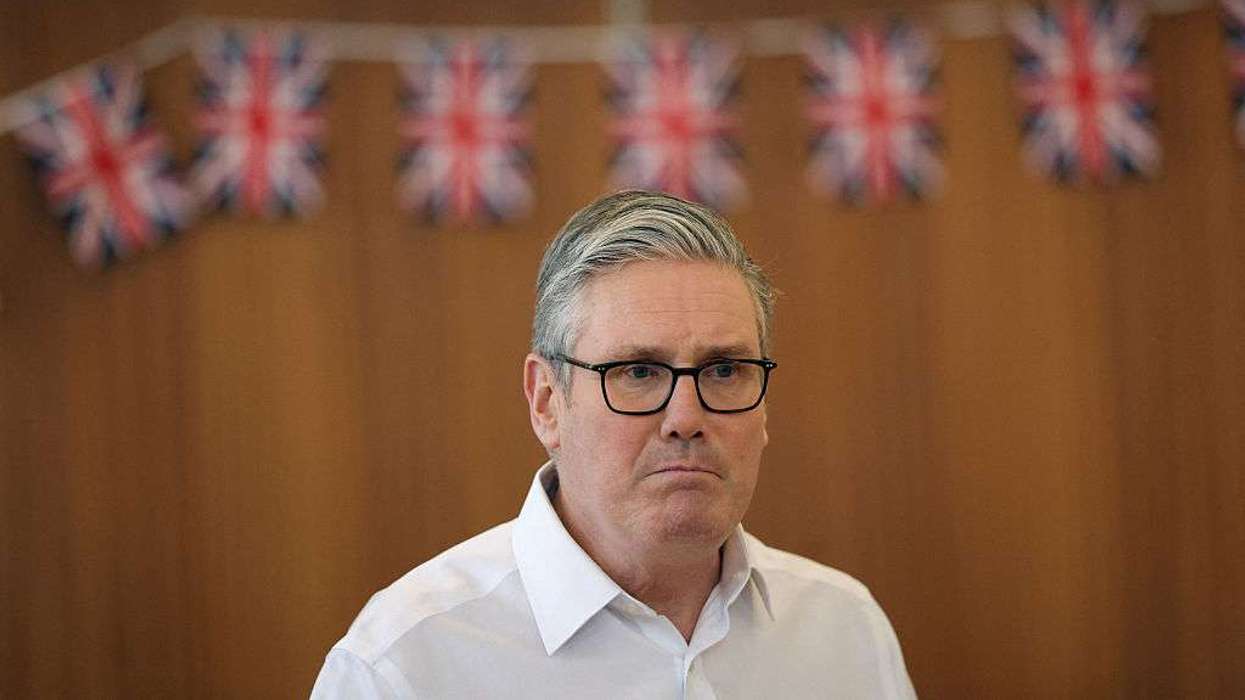THE Trades Union Congress (TUC) has said the proposed Employment Rights Bill can play a key role in tackling structural racism in the UK labour market.
Ahead of its annual Black Workers Conference, the TUC released new analysis showing Black and Minority Ethnic (BME) workers are more likely to be in insecure work compared to white workers.
According to the analysis, BME workers are over 50 per cent more likely to be employed on zero-hours contracts than white workers.
Around 38.8 per cent of BME workers are at risk of unfair dismissal, having been with their employer for less than two years.
The data also shows BME workers are overrepresented in four of the five occupations with the highest number of zero-hours contracts, especially in social care, where 1 in 15 BME workers is employed compared to 1 in 50 white workers.
BME workers are also overrepresented in sectors such as retail, catering and waitressing.
The TUC said the Employment Rights Bill would ban zero-hours contracts, introduce protections against unfair dismissal from the first day of employment, and deliver access to sick pay from day one, including for low-paid workers.
It also includes fair pay agreements in social care and mandatory reporting of ethnicity pay gaps.
TUC general secretary Paul Nowak said: “BME workers are being disproportionately hit by precarious employment and are much more likely to be on insecure terms and conditions.”





